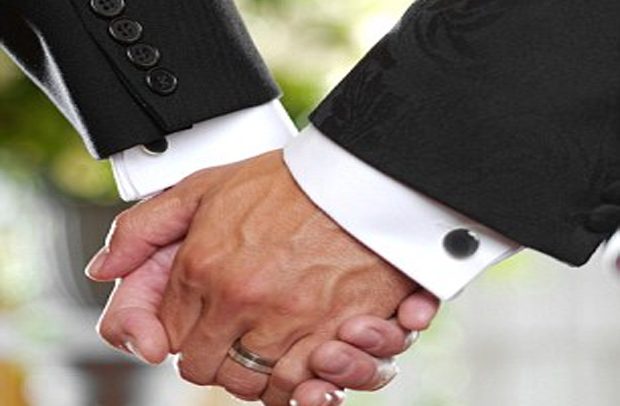In a shocking and controversial incident, two men were publicly humiliated and banished from a community in Bolgatanga in the Upper East Region after being accused of engaging in gay sex.
The men, Emmanual Amoah and Collins Bonsu, were forced to undergo a “walk of shame,” with their belongings set ablaze by an angry local vigilante group.
The incident occurred when the men were allegedly caught in a homosexual act, which is criminalized under Ghanaian law. The vigilante group, acting on what they saw as a moral obligation, took matters into their own hands, subjecting the men to public disgrace and forcing them to leave the community.
Local Priest Explains Ritual Behind the Ban
The local traditional priest, Baba Tankani, who played a role in the banishment ritual, explained the community’s actions. Tankani stated that the ritual was meant to “pacify the gods” and protect the land from curses.
He emphasized that the community would not tolerate such behavior, especially from outsiders.
“We performed the ritual to pacify our gods and to prevent serious curses upon our land by the gods. We have made it clear that we will not tolerate these immoral acts in our community,” Tankani said. “This should serve as a warning to anyone secretly engaging in such acts here—they will not be spared.”
Incident Highlights Divides Over LGBTQ+ Rights in Ghana
The incident underscores the deep divisions surrounding LGBTQ+ rights in Ghana, where same-sex relationships remain illegal.
The actions taken by the local vigilante group have drawn both support and condemnation, reflecting the stark differences in opinion about how to handle such matters in the country.
While some community members defend the group’s actions as a defense of traditional values, human rights activists have condemned the mob justice and criticized the lack of government protection for LGBTQ+ individuals.
National Debate on LGBTQ+ Rights Continues
This incident has reignited debates at both the local and national levels about the treatment of LGBTQ+ people in Ghana. Activists have called on the government to do more to protect marginalized groups and to ensure the safety and dignity of all individuals, regardless of their sexual orientation.
Human rights organizations have also voiced concerns over the apparent normalization of discrimination and violence against LGBTQ+ people, calling for stronger legal safeguards to prevent further abuse.
As this case continues to draw atte ntion, the future of LGBTQ+ rights in Ghana remains uncertain, with public opinion sharply divided over the issue.
The incident in Bolgatanga serves as a stark reminder of the challenges facing the LGBTQ+ community in Ghana


